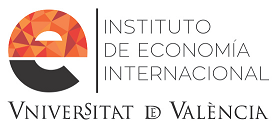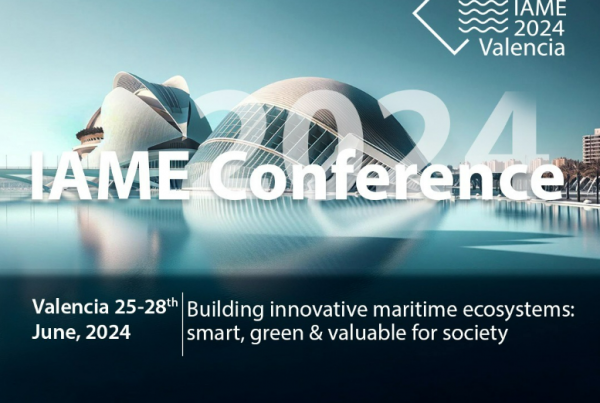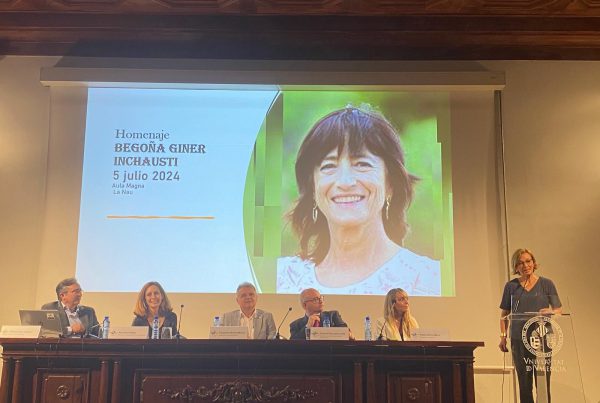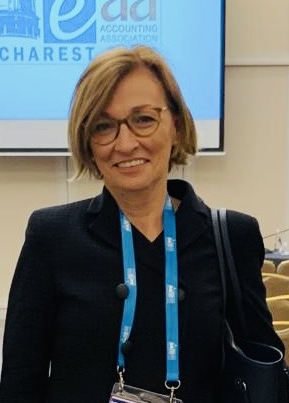
- Durante el encuentro, los socios han presentado los primeros resultados del proyecto relativos al Mapeo de puertos europeos.
- Las actividades de economía circular identificadas en los 480 puertos europeos analizados incluyen los puertos principales y secundarios de la red Ten-T, puertos pesqueros y marinas relevantes y otros puertos de interés.
12 de Abril 2019.- La segunda reunión interna del proyecto europeo “LOOP-Ports – Circular Economy Network of Ports” tuvo lugar ayer en Copenhague en las instalaciones del Puerto de Malmö.
El proyecto LOOP-Ports, coordinado por la Fundación Valenciaport y financiado por el European Institute of Innovation and Technology (EIT) a través de EIT Climate-KIC, tiene como objetivo principal facilitar la transición hacia una economía más circular en el sector portuario, donde los productos, materiales y recursos no sean considerados como residuos sino que puedan tornarse en modelos de negocio sostenibles y replicables en puertos de similares características.
Durante la reunión, los socios han debatido sobre los primeros resultados del proyecto relativos al Mapeo de puertos europeos. En concreto, se han presentado las actividades de economía circular identificadas en los 480 puertos analizados, pertenecientes a 23 países. Esta lista incluye los puertos principales y secundarios de la red Ten-T, puertos pesqueros y marinas relevantes y otros puertos de interés. Más de 100 actividades de economía circular han sido identificadas en temáticas como gestión de los residuos, construcción naval, actividades de dragado, simbiosis industrial, etc.
Uno de los objetivos de este encuentro era analizar los avances en la creación de una Red de puertos que se beneficie de los resultados del proyecto, entre los que se encuentran: el desarrollo de modelos de negocio replicables en puertos con las mismas necesidades así como actividades de formación a medida para los profesionales de los clústeres portuarios. Actualmente la red cuenta con 31 miembros y se espera que siga creciendo significativamente en los próximos meses.
Por otra parte, durante la reunión – y como participación externa – Petra König, Responsable del Área de Medioambiente de Copenhagen Malmö Port e Irene del Barrio, representante del Water and Marine Group de la Agencia de Medioambiente Europea, han explicado a los socios las iniciativas que han puesto en marcha en materia de economía circular desde un enfoque portuario.
Los siguientes pasos del proyecto estarán orientados a analizar los principales drivers (legales, políticos, regulatorios, mercados, financieros, etc.) que pueden facilitar la transición hacia una economía circular de las actividades vinculadas al sector portuario. Además, está prevista la organización en el marco del proyecto de 30 seminarios (20 a nivel portuario y 10 a nivel institucional) entre finales de 2019 y finales de 2020. Estos seminarios se celebrarán en, al menos, 6 países: Dinamarca, Holanda, Francia, España, Alemania e Italia y abordarán todos los resultados del proyecto hasta el momento y se recibirá así mismo el feedback de los stakeholders miembros de la red.
En Loop-Ports participan 13 socios pertenecientes a 6 estados miembros de la UE (España, Italia, Francia, Alemania, Dinamarca y Holanda): Fundación Valenciaport (coordinador); EIT Climate-KIC S.L.; Climate-KIC S.r.l.; Climate-KIC GmbH; Danmarks Tekniske Universitet (DTU); NTU International A/S; Nederlandse Organisatie voor Toegepast Natuurwetenschappelijk Onderzoek (TNO); Università di Bologna; Universität Hamburg; Universidad Politécnica de Madrid; Universitat de València; Eco Environnement Ingenièrie (2EI) y Veolia Innove.
El proyecto se va a llevar a cabo durante algo más de 2 años (26 meses), finalizando en Noviembre de 2020.
Acerca de EIT Climate-KIC
EIT Climate-KIC es la mayor asociación pública-privada de la UE para abordar el cambio climático a través de la innovación y para construir una economía de carbono cero a través del impulso al emprendimiento. EIT Climate-KIC está apoyado por el Instituto Europeo de Innovación y Tecnología (EIT), un organismo de la Unión Europea.
Su enfoque se centra en mejorar la forma de vida en las ciudades, que la industria produzca aquellos productos respetuosos con el medioambiente y el entorno, al tiempo que se optimiza el uso de la tierra y sus recursos para producir los alimentos necesarios.
Dispone de programas en toda Europa de aceleración de startups en temáticas de acción por el clima, así como programas de formación para inspirar y capacitar a la próxima generación de líderes de la economía hipocarbónica.
EIT Climate-KIC actualmente tiene presencia en 28 países europeos.



